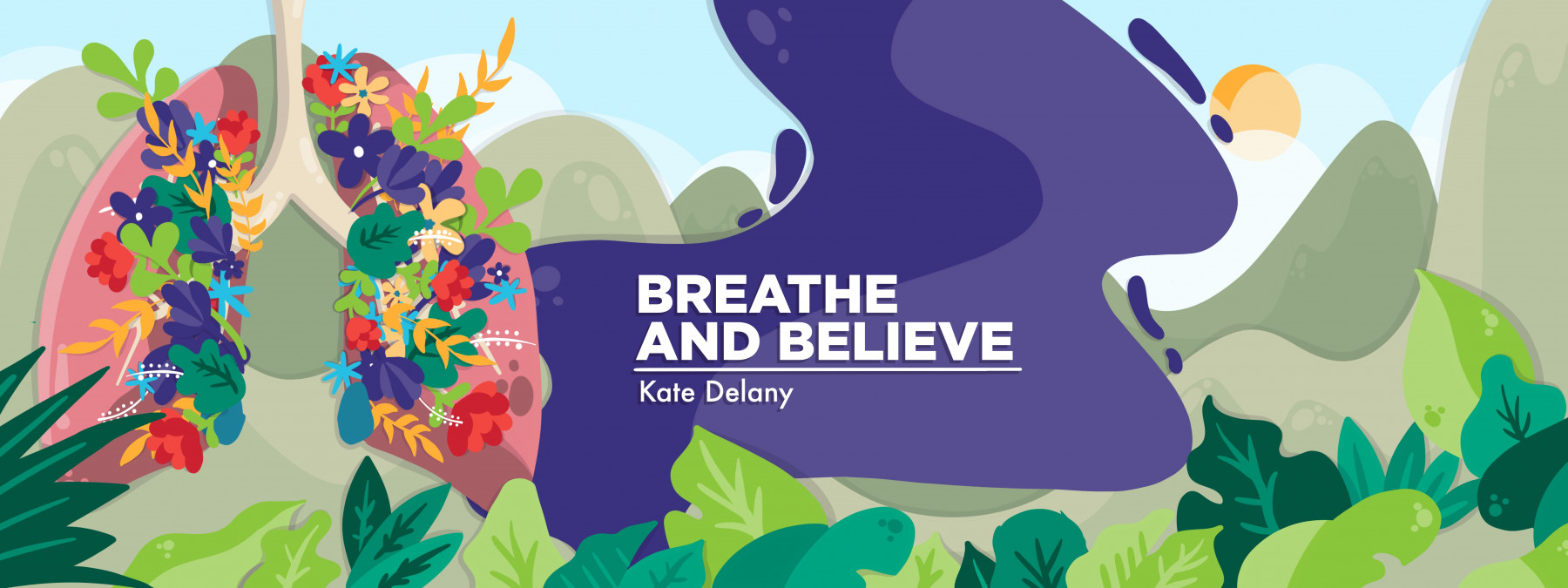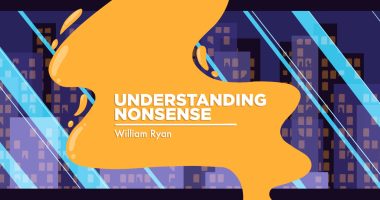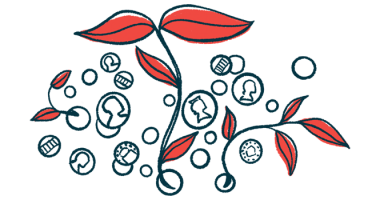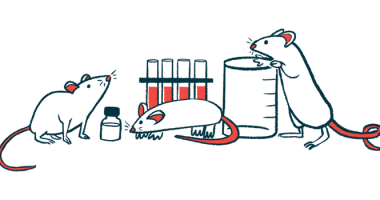Hitting the Giving Wall: Learning to Center Myself in My Life
Wary of symptoms of caregiver burnout, a columnist strives to change

It’s that time of year again — time for the regular reminders that “’tis better to give than to receive.” In a great many ways, I agree with this. There aren’t many material things I need, and nothing beats treasure hunting for items that will put a smile on a loved one’s face.
But lately, as I’ve been thinking about giving, receiving, and being, it’s the last of those three that I’m striving toward. I’m trying to put myself at the center of my life, an adjustment that’s new, necessary, and a bit of a challenge.
At 43, midlife, the idea of being at the center of my life is new to me. For the past 20-plus years, my life has been oriented around supporting and securing the physical and emotional needs of others. A host of my pivotal decisions as a young adult were based around my sister’s cystic fibrosis (CF), including where I went to college and graduate school and ultimately decided to make my home. Being close at hand meant I could help during her hospitalizations and other emergencies, most especially her double-lung transplant.
During those same formative years, I was also raising two young children. Between the onslaught of family medical emergencies and the demands of parenting, caregiving became central to my life. My giglike professional life of freelance writing and teaching as an adjunct made it easier to schedule my days around things like kids’ school schedules and inpatient visits.
So recently I’ve been thinking about the way we talk about giving, about books like Shel Silverstein’s “The Giving Tree,” in which the tree, defined as female, is literally destroyed by giving and reduced to a stump. Caregiver burnout is a very real condition, and for that matter, so is well sibling syndrome, an issue more prevalent in my early adulthood than in my childhood, as CF issues become thornier and more pervasive in my family’s life. Life required me to put other people’s needs before my own.
But in some important ways, my life has changed. My children are getting older, more mature and independent, as they’re just a year away from middle school and high school. As they’ve become more responsible and eager to take on responsibilities, I’ve left my gig life for a satisfying full-time job. Quality time with my kids remains pivotal — hiking in the woods, reading a novel together, traveling — but I have more time for my own pursuits, too, for time with my husband and with my friends.
It’s certainly bittersweet, watching my kids get older, but I’m also reminding myself that I have more time to invest in myself.
In trying to affirm my right to my own needs and time, I’ve faced both external and internal barriers. It’s difficult to overcome established family roles. Taking on implicit family rules and expectations will make you really unpopular really quickly! Having adapted my life around others’ needs for so long makes this a pretty dramatic reframe.
And even internally, in my head and my heart, I’ve felt some pushback. Am I being too selfish in prioritizing my needs? Is it too late or too pointless to focus on myself? Am I too old for this?
Friends of mine a little older than me have shared their experiences with “invisible woman syndrome,” in which women in their 40s and 50s are seen and valued less, having moved outside strict caregiver roles. While I haven’t experienced that yet despite being in my early 40s, the underpinnings of the social phenomenon speak to the very thing I sometimes feel acutely: Will I cease to be seen if I’m not doing for others?
In the end, though, you can’t draw water from an empty well. As author Katherine May notes, “Burnout comes when you spend too long ignoring your own needs. It is an incremental sickening that builds from exhaustion upon exhaustion, overwhelm upon overwhelm.” The world never gives us permission to recover from our exhaustion, to rebuild and recharge. That’s the sort of permission we need to be brave enough to give to ourselves.
Note: Cystic Fibrosis News Today is strictly a news and information website about the disease. It does not provide medical advice, diagnosis, or treatment. This content is not intended to be a substitute for professional medical advice, diagnosis, or treatment. Always seek the advice of your physician or other qualified health provider with any questions you may have regarding a medical condition. Never disregard professional medical advice or delay in seeking it because of something you have read on this website. The opinions expressed in this column are not those of Cystic Fibrosis News Today or its parent company, BioNews, and are intended to spark discussion about issues pertaining to cystic fibrosis.









Comments